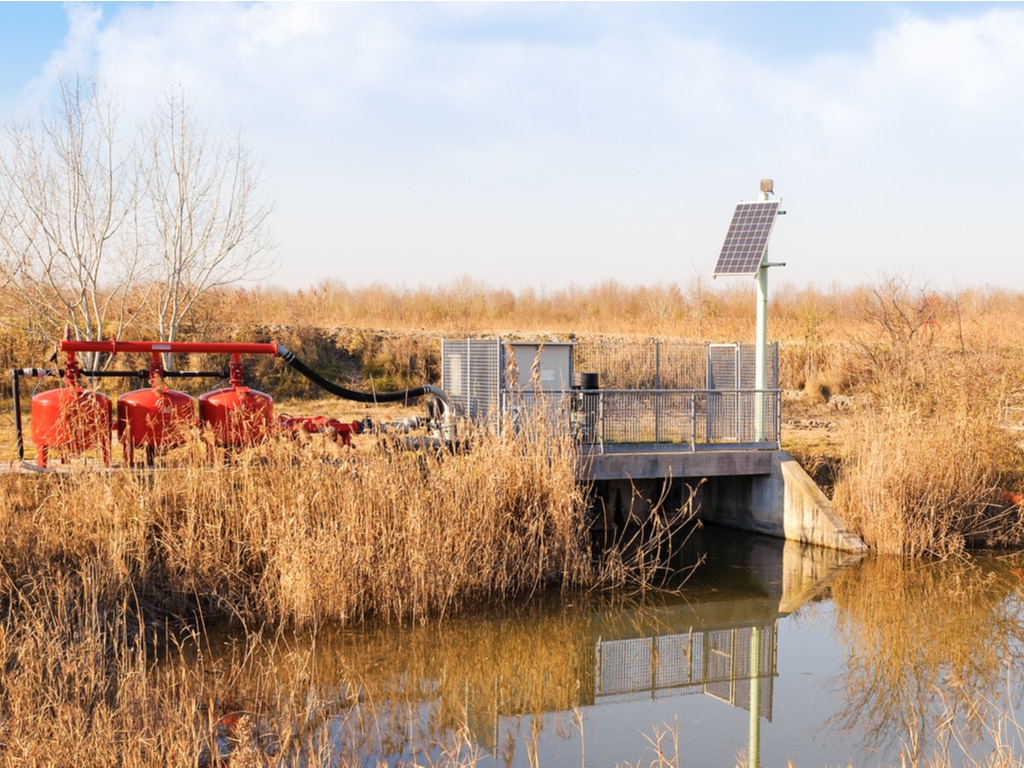Rwanda plans to invest $2.4 billion to implement its climate plan through 2030. But the country does not have all of these funds. The Rwandan government is relying on Rwandan communities, the private sector, nongovernmental organizations (NGOs), the Rwanda Green Fund, and other international actors to help it meet its CO2 reduction and climate change adaptation targets.
By selecting Rwanda for the Guard Africa project, the Pan African Climate Justice Alliance (PACJA) is paving the way for the realization of some of the 10 projects outlined in the country’s climate plan. The value of the funding Rwanda will receive is not yet known. But the three-year project has a budget of $5.1 million for 13 countries.
Reduce CO2 emissions by 4.6 million tons by 2030
It is in 2020 that Rwanda adopts new Nationally Determined Contributions (NDCs) in order to participate in achieving the climate goals agreed upon in the 2015 Paris Climate Agreement. Among the green projects in the pipeline in the East African country are the implementation of a solar water pumping project for farmland irrigation, the development of national water security through conservation practices, wetland restoration, water storage and efficiency, and the dissemination of modern and efficient cooking stoves to 80% of Rwanda’s rural population and 50% of the urban population to reduce the consumption of firewood and fossil fuels.
Read also – COP26: what priorities for Africa in the face of climate change?
With an investment of $2.4 billion, the Rwandan government aims to reduce its CO2 emissions by 4.6 million tons by 2030. This goal can be achieved through reforestation, adoption of electric mobility, sustainable waste management and diversification of the electricity mix. While it is true that Rwanda will take a giant step forward with the achievement of these goals, it is really only one part of the ambitious climate plan filed by the country with the United Nations in May 2020, valued at 11 billion dollars.
In addition to securing funding in Rwanda, the Guard Africa project will help unify civil society efforts and networks on climate change in the East African country. The project will also lobby policymakers at the national and regional levels to remove barriers that encourage the vulnerabilities of women, girls, and youth that impede their access to resilient livelihoods and decent jobs.
The Guard Africa climate project also benefits Botswana, Cameroon, Gabon, Ivory Coast, Kenya, Niger, Morocco, Nigeria, Ethiopia, Tanzania and Zambia.
Inès Magoum
